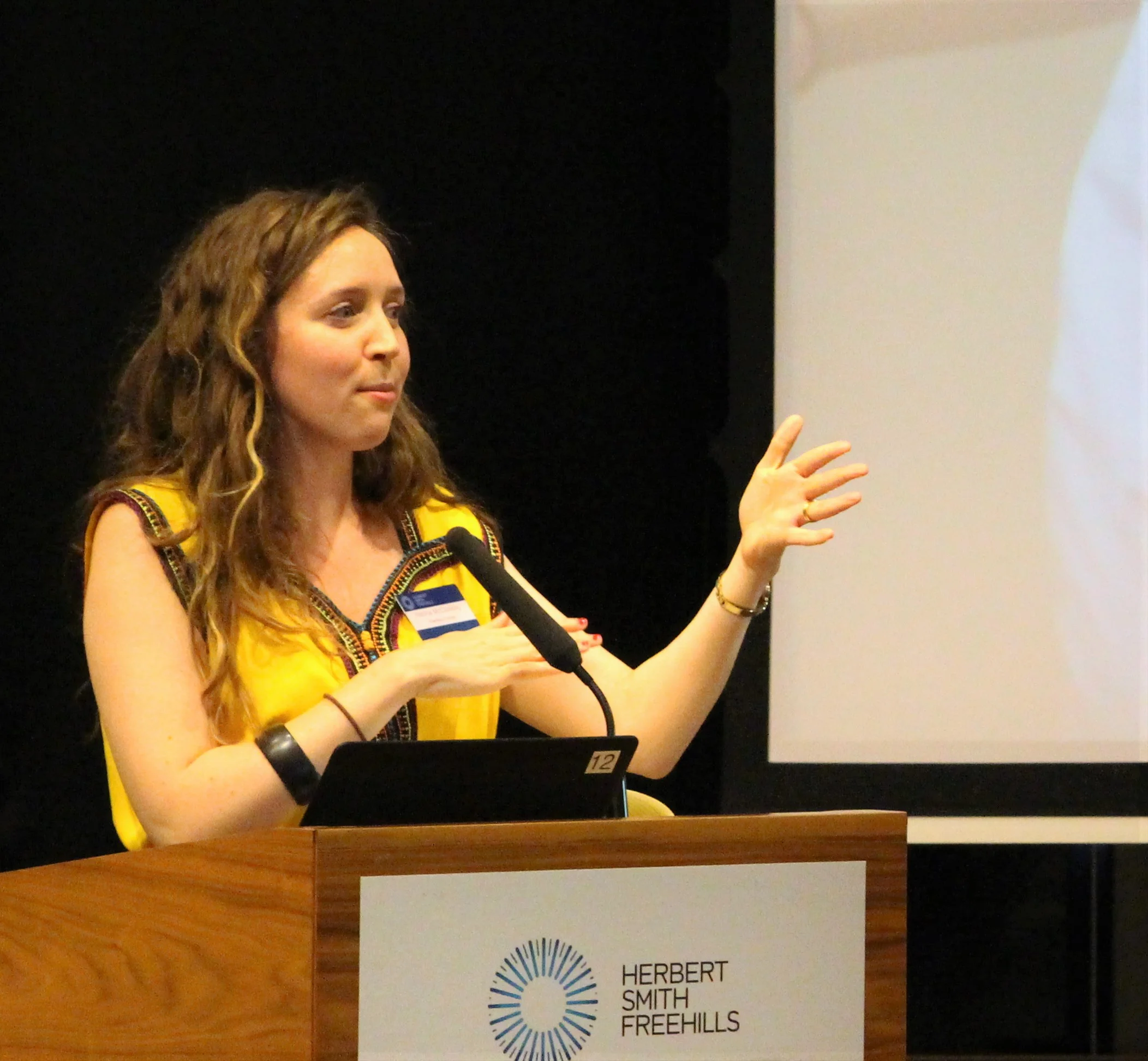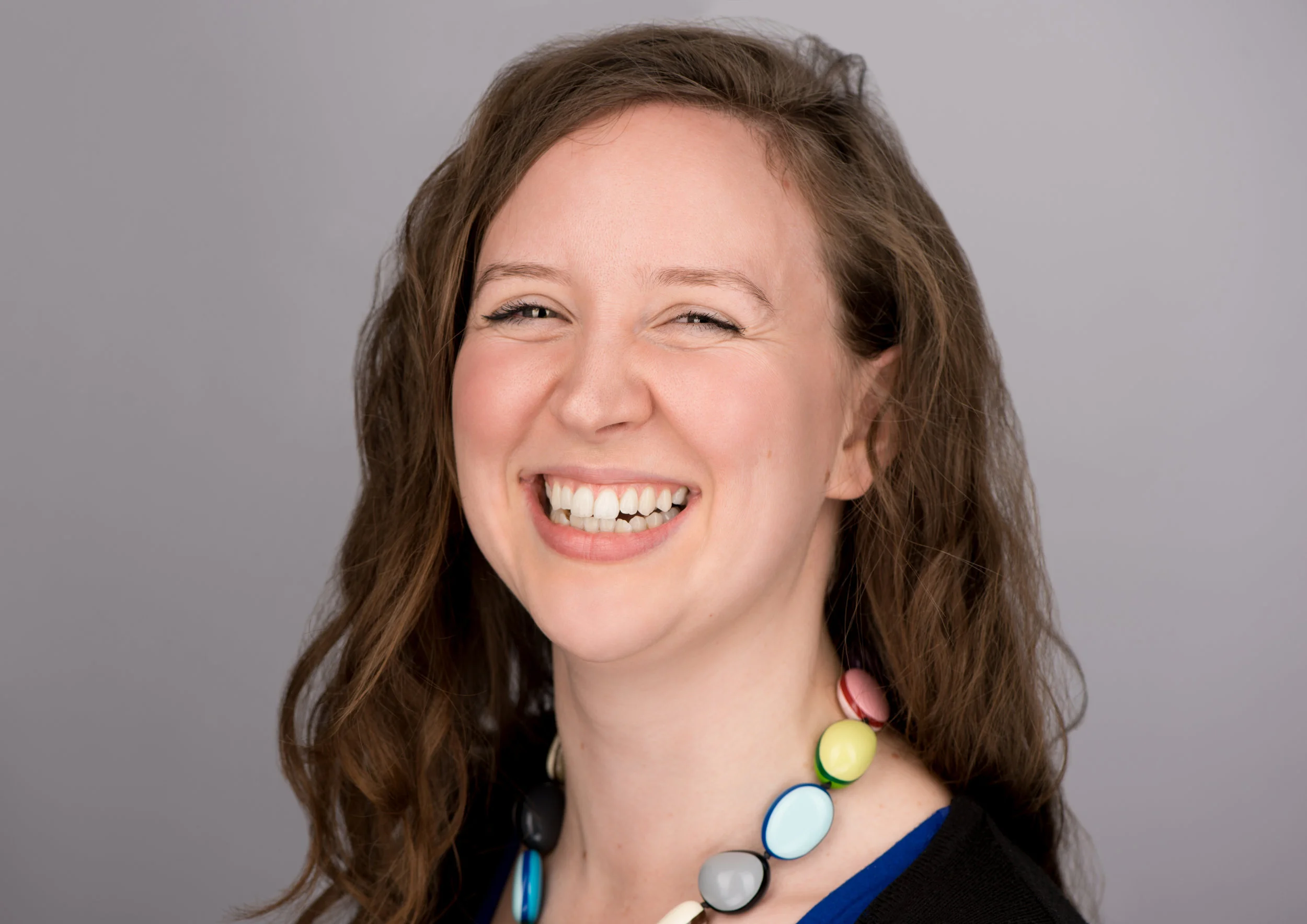#45 The Designer of Power and Equality
I first met Hanna Naima McCloskey at the Fearless Futures Gender Inequality Accelerator where we ran an #upfront session for the participants. Hat tip to my friend Lewis for making the introduction. Hanna is the founder of Fearless Futures, an educator and a feminist. She is dedicated to challenging the root causes of inequalities and I'm a big fan of her work. It is rare I meet someone who articulates the complexity of inequality in a way that I find accessible and focused on action - Hanna does exactly this. Here's what she has to say...
What’s the biggest lesson you’ve learnt over the last year?
I feel like I learn new things every single day and so neatening it up to one big lesson may not be possible! I have learned that it is hard to make change, and it doesn’t make you less because you find it hard. I have got slightly better at being less critical about how hard it is and how slow I may feel I or my organisation is moving. I’ve engaged every ounce of my resilience and compassion for myself and my colleagues. The need to keep going and to think differently as we tackle a massive set of societal problems and seek to bring something better to the world. I’ve learned to forgive myself (or rather be better at it) when things don’t go well and to bring my creativity to the fore as quickly as I can to work out of it.
What’s your burning question of the moment?
How do we ensure Tech4Good centres an understanding of sexism, racism and other inequalities as it goes about doing “good”? Or rather, how do we complicate the notion of ‘good’ in Tech4Good? This line of questioning has come about over the last year as we were planning our Gender Equality Accelerator (what we think was a global first!); then the process of observing how it unfolded.
When you think you’re in a special place to solve problems (as the tech industry believes it is) you have to be super careful that your excitement about the role you play doesn’t overshadow the problem you’re trying to solve. I think it comes from recognising that inequalities play out everywhere. Just because you want to be the “good” person, doesn’t mean that you are. Or perhaps it’s more about shortening the distance between you and the problem, and recognising that if we are all connected what role do you play in the problem? We call that understanding your social location.
I was at a tech event the other day - and it was all about exploring what “good” is. In a group breakout session, I said that for me ‘good’ meant ‘dismantling inequalities’. And a guy in the group said to me “How can that be possible in all situations, what about health? It’s not as if you can reapportion some of the world’s malaria incidence onto those who don’t have it to even it out!”. His shock at my statement came in part from a misunderstanding (I think) how inequalities manifest. I responded by saying that of course thinking about inequality was critical in any solution pertaining to health. I’m no expert on health, but what about thinking: who can access the service? Both physically and digitally. How does caring (predominantly done by women) impact one’s access? It means asking about whether certain communities are less likely to receive funding than others. It means examining the relationship between health, race and the environment perhaps. Or how gender (inequality) informs diagnoses of different conditions.
We are partnering with Priya Ghai who is a Design Thinker to support organisations who want to really deepen their thinking and practise on this front. We believe we all can use this. Our next question is figuring out how to support other Tech4Good-doers recognise that they do too!
What’s the most inspiring thing you’ve seen/ heard/ read in the last year?
I read and see inspiring things, people and events every single day. Whenever I read or listen to anything by Alicia Garza, one of three co-founders of the Black Lives Matter movement I am inspired, enriched and emboldened. I urge anyone to YouTube her speeches. To learn and to recognise how we are all tied up in this world; and how we must stand up for anti-racism in order that we can all be freer.
What would be your one piece of advice to students out there?
Knowledge is power. It is absolute power. But having knowledge only gets us so far in transforming the world. How you share your knowledge and your power is perhaps even more powerful. How you use your power to lift others up and stand with them rather than squish them is the lifeblood of our community and will enable you to use your knowledge/power all the more effectively.
You can read the rest of the profiles here:
#44 The Designer of Communities
#37 The Thinking Clearly Designer
#34 The Designer of Vulnerability
#31 The Service Design TV Host
#28 The Human Interaction Designer
#26 The Design Writer and Doer
#23 The Behavioural Researcher
#21 The Local Government Designer




